But Napoleon was tooclever for him
The pigs were in ecstasies over Napoleons cunning. By seemingto be friendly with Pilkington he had forced Frederick to raise hisprice by twelve pounds. But the superior quality of Napoleonsmind, said Squealer, was shown in the fact that he trusted nobodynot even Frederick. Frederick had wanted to pay for the timberwith something called a cheque, which, it seemed, was a piece ofpaper with a promise to pay written upon it. But Napoleon was tooclever for him. He had demanded payment in real five- poundnotes, which were to be handed over before the timber wasremoved Already Frederick had paid up; and the sum he had paidwas just enough to buy the machinery for the windmillMeanwhile the timber was being carted away at high speed. Whenit was all gone, another special meeting was held in the barn for theanimals to inspect Frederick's bank-notes. Smiling beatificallyand wearing both his decorations, Napoleon reposed on a bed ofstraw on the platform, with the money at his side, neatly piled on achina dish from the farmhouse kitchen. The animals filed slowlypast, and each gazed his fill. And Boxer put out his nose to sniff atthe bank-notes, and the flimsy white things stired and rustled inhis breathThree days later there was a terrible hullabaloo. Whymper, his facedeadly pale, came racing up the path on his bicycle, flung it downin the yard and rushed straight into the farmhouse. The nextmoment a choking roar of rage sounded from Napoleonsapartments. The news of what had happened sped round the farmlike wildfire. The banknotes were forgeries! Frederick had got thetimber for nothingNapoleon called the animals together immediately and invoice pronounced the death sentence upon Frederickcaptured, he said, Frederick should be boiled alive. Attime he wamed them that after this treacherous deed the worst wasto be expected. Frederick and his men might make their longexpected attack at any moment. Sentinels were placed at all theapproaches to the farm. In addition, four pigeons were sent toFoxwood with a conciliatory message, which it was hoped mightre-establish good relations with Pilkington
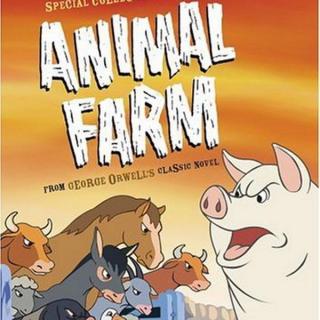
The very next morning the attack came. The animals were atbreakfast when the look-outs came racing in with the news thatFrederick and his followers had already come through the five.barred gate. Boldly enough the animals sallied forth to meet thembut this time they did not have the easy victory that they had had inthe Battle of the Cowshed. There were fifteen men, with half adozen guns between them, and they opened fire as soon as they gotwithin fifty yards. The animals could not face the terribleexplosions and the stinging pellets, and in spite of the efforts ofNapoleon and Boxer to rally them, they were soon driven back. Anumber of them were already wounded. They took refuge in thefarm buildings and peeped cautiously out from chinks and knot-holes. The whole of the big pasture, including the windmill, was inthe hands of the enemy. For the moment even Napoleon seemed ata loss. He paced up and down without a word, his tail rigid andtwitching. Wistful glances were sent in the direction of Fox woodIf Pilkington and his men would help them, the day might yet bewon. But at this moment the four pigeons, who had been sent outon the day before, returned, one of them bearing a scrap of paperfrom Pilkington. On it was pencilled the words: "Serves you right.Meanwhile frederick and his men had halted about the windmillThe animals watched them, and a murmur of dismay went roundTwo of the men had produced a crowbar and a sledge hammerThey were going to knock the windmill down.possible!" cried Napoleon. "We have built the walls far toofor that. They could not knock it down in a week. Courageades!
But Benjamin was watching the movements of the men intentlyThe two with the hammer and the crowbar were drilling a holenear the base of the windmill. Slowly, and with an air almost ofamusement, Benjamin nodded his long muzzleI thought so, he said. Do you not see what they are doing? Inanother moment they are going to pack blasting powder into thatTerrified, the animals waited. It was impossible now to venture outof the shelter of the buildings. After a few minutes the men wereseen to be running in all directions. Then there was a deafeningroar. The pigeons swirled into the air, and all the animals, exceptNapoleon, flung themselves flat on their bellies and hid their facesWhen they got up again, a huge cloud of black smoke was hangingwhere the windmill had been. Slowly the breeze drifted it awayThe windmill had ceased to existAt this sight the animals courage returned to them. The fear anddespair they had felt a moment earlier were drowned in their rageagainst this vile, contemptible act. A mighty cry for vengeancewent up, and without waiting for further orders they charged forthin a body and made straight for the enemy. This time they did notheed the cruel pellets that swept over them like hail. It was asavage, bitter battle. The men fired again and again, and, when theanimals got to close quarters, lashed out with their sticks and theirheavy boots. A cow, three sheep, and two geese were killed, andnearly everyone was wounded. Even Napoleon, who was directingoperations from the rear, had the tip of his tail chipped by a pelletBut the men did not go unscathed either. Three of them had theirheads broken by blows from Boxers hoofs; another was gored inthe belly by a cows horn; another had his trousers nearly torn offby Jessie and Bluebell. And when the nine dogs of Napoleonsown bodyguard, whom he had instruct ed to make a detour undercover of the hedge, suddenly appeared on the mens flank, bayingferociously, panic overtook them. They saw that they were indanger of being surrounded. Frederick shouted to his men to getout while the going was good, and the next moment the cowardlyenemy was running for dear life. The animals chased them rightdown to the bottom of the field, and got in some last kicks at themas they forced their way through the thorn hedge
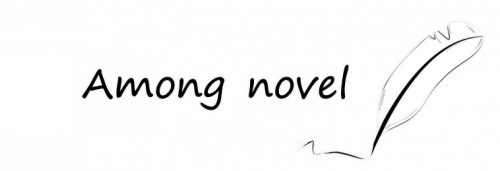
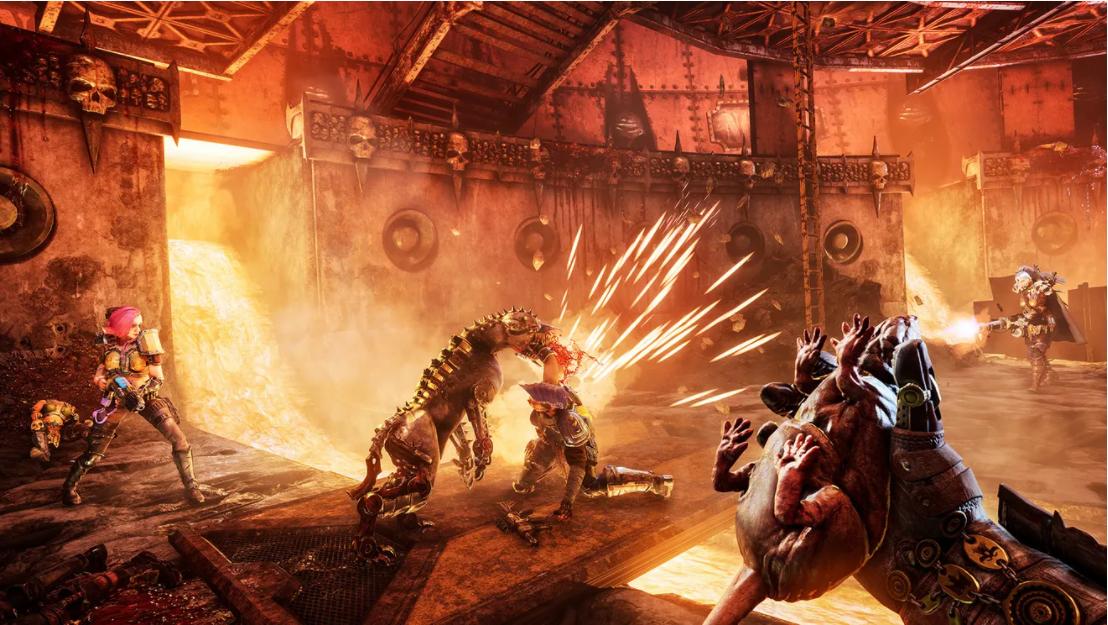
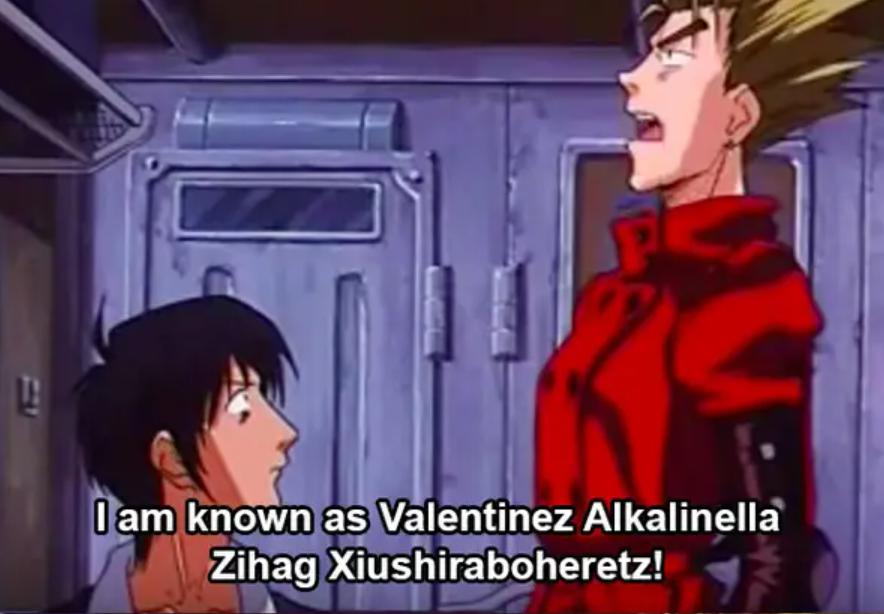


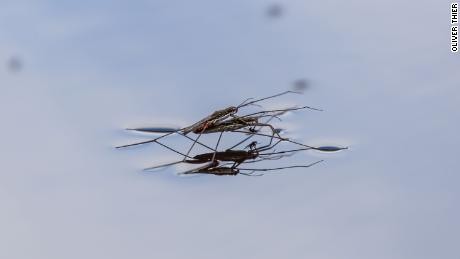
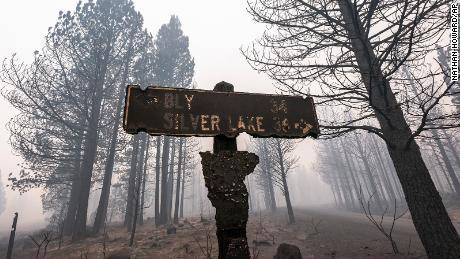


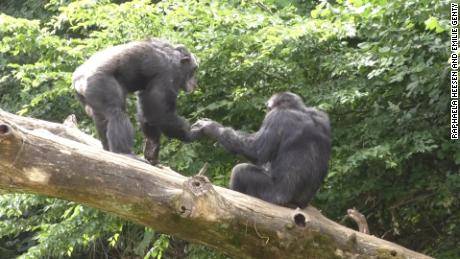


Write a Comment